Indigenous Governance Database
National
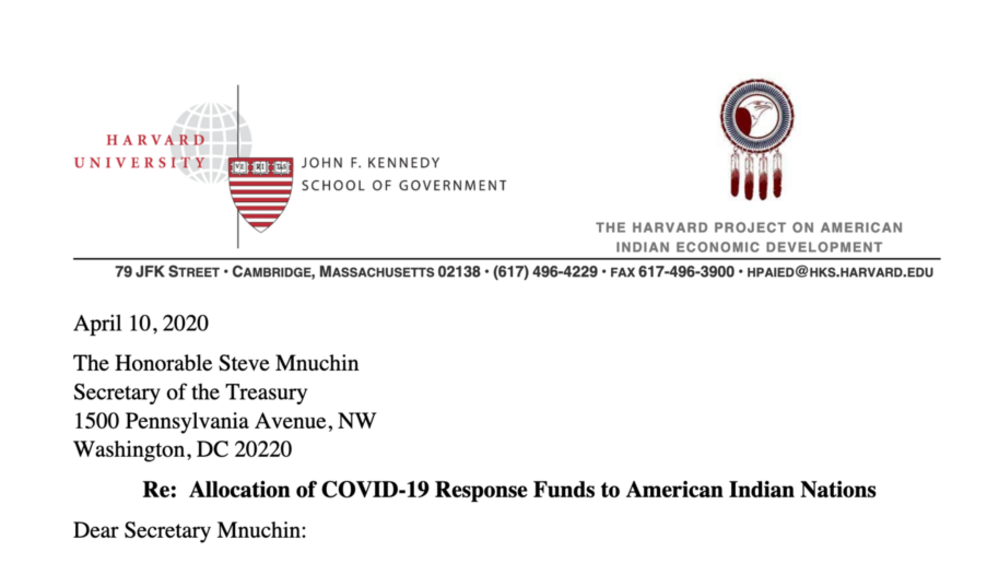
HPAIED Letter to the Treasury: Allocation of COVID-19 Response Funds to American Indian Nations
Dear Secretary Mnuchin, We write to respectfully comment on the impact of the current COVID-19 crisis on American Indian tribal economies, tribes’ responses to the crisis, and on implications for the allocation of federal COVID-19 response funds to federally recognized tribes under the CARES Act…
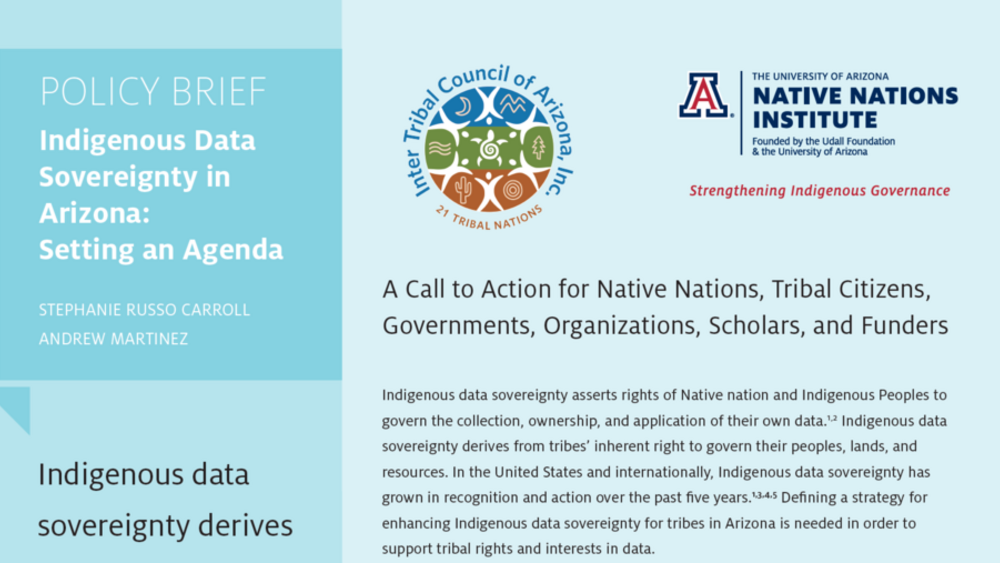
Policy Brief: Indigenous Data Sovereignty in Arizona: Setting an Agenda
Indigenous data sovereignty asserts the rights of Native nations and Indigenous Peoples to govern the collection, ownership, and application of their own data. Indigenous data sovereignty derives from tribes’ inherent right to govern their peoples, lands, and resources. In the United States and…
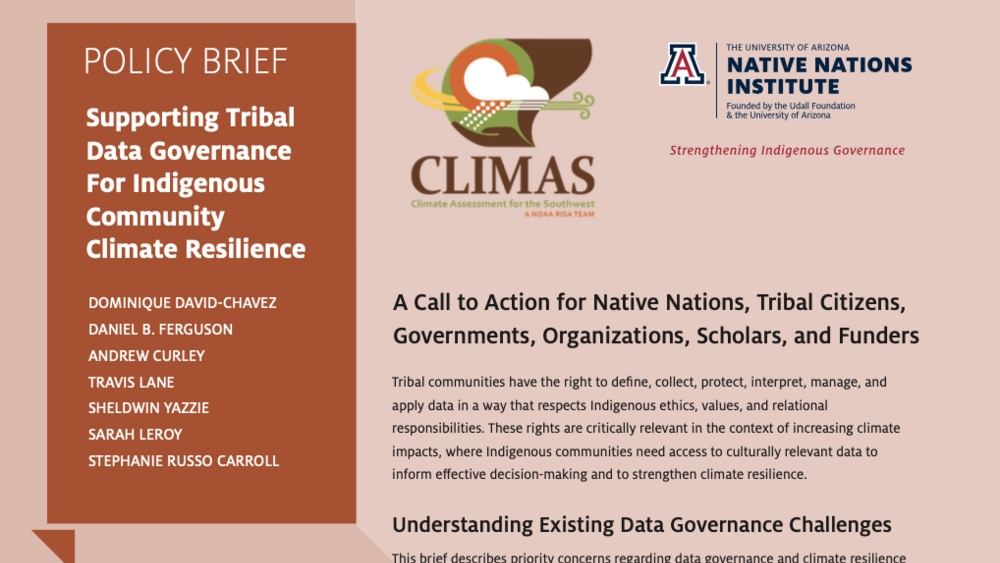
Policy Brief: Supporting Tribal Data Governance for Indigenous Community Climate Resilience
Tribal communities have the right to de fine, collect, protect, interpret, manage, and apply data in a way that respects Indigenous ethics, values, and relational responsibilities. These rights are critically relevant in the context of increasing climate impacts, where Indigenous communities need…
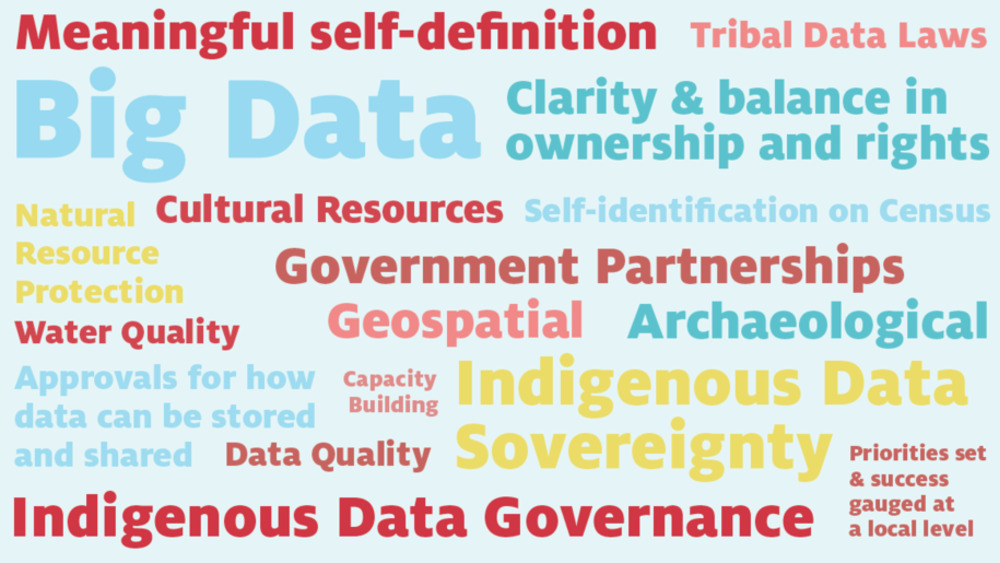
Principles of Indigenous Data Governance
Indigenous data, whether collected by national governments and institutions or gathered by Indigenous Peoples themselves, are integral for: decision-making; the exercise of collective rights to self-determination; the affirmation and application of Indigenous epistemologies; and fulfilling…

Sharing the Wealth
In recent years, there has been increased discussion of Universal Basic Income (UBI) programs for the US. In fact, one of the Democratic candidates for president has championed the UBI program as an important component of his platform. UBI in its simplest form is a cash-transfer program that…
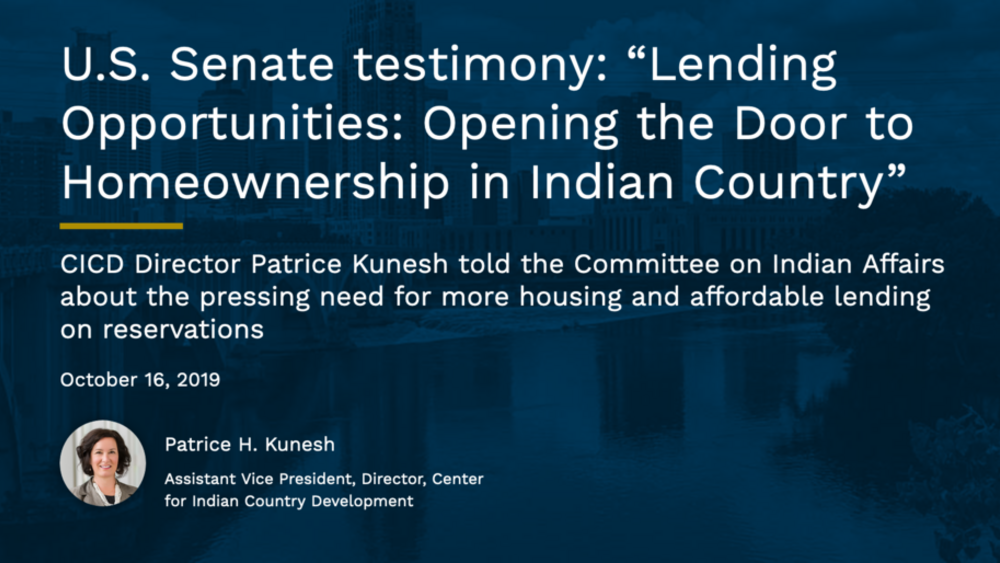
U.S. Senate testimony: “Lending Opportunities: Opening the Door to Homeownership in Indian Country”
On Oct. 16, 2019, Center for Indian Country Development Director and Minneapolis Fed Assistant Vice President Patrice H. Kunesh testified before the U.S. Senate’s Indian Affairs Committee about the need for more housing and improved access to affordable lending on reservations. She said that “…
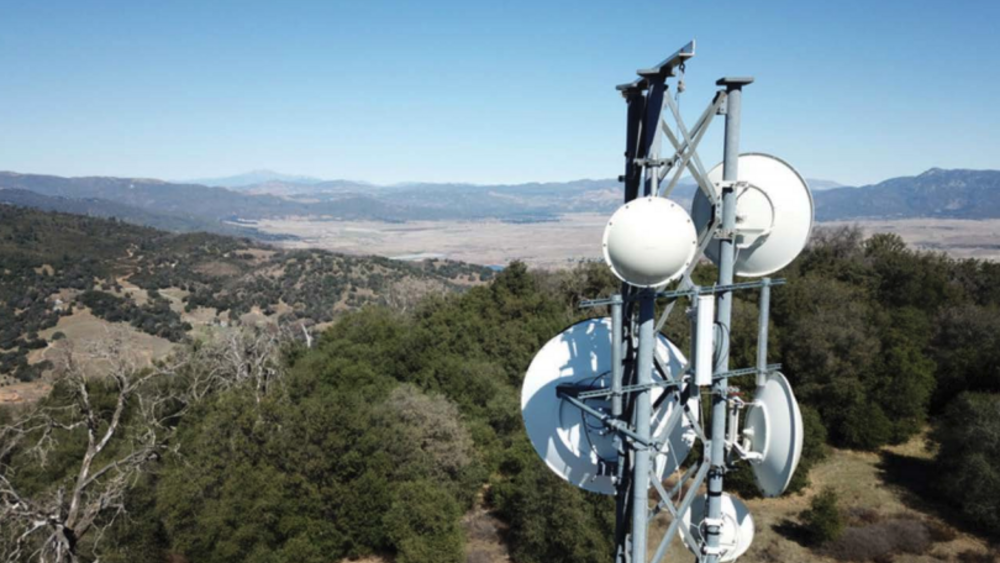
Tribal Technology Assessment: The State of Internet Service on Tribal Lands
Access to high-speed Internet service has become an essential component to the nation’s economy, education, and healthcare. However, federal data continues to show tribal lands are the least connected areas of the country. AIPI launched a survey to collect information from residents of tribal…
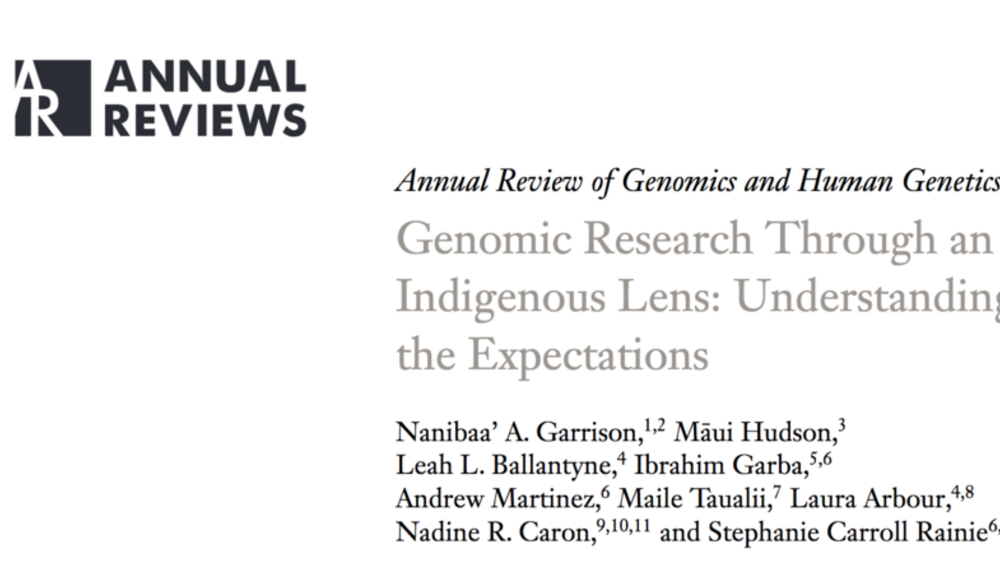
Genomic Research Through an Indigenous Lens: Understanding the Expectations
Indigenous scholars are leading initiatives to improve access to genetic and genomic research and health care based on their unique cultural contexts and within sovereign-based governance models created and accepted by their peoples. In the past, Indigenous peoples’ engagement with genomic research…
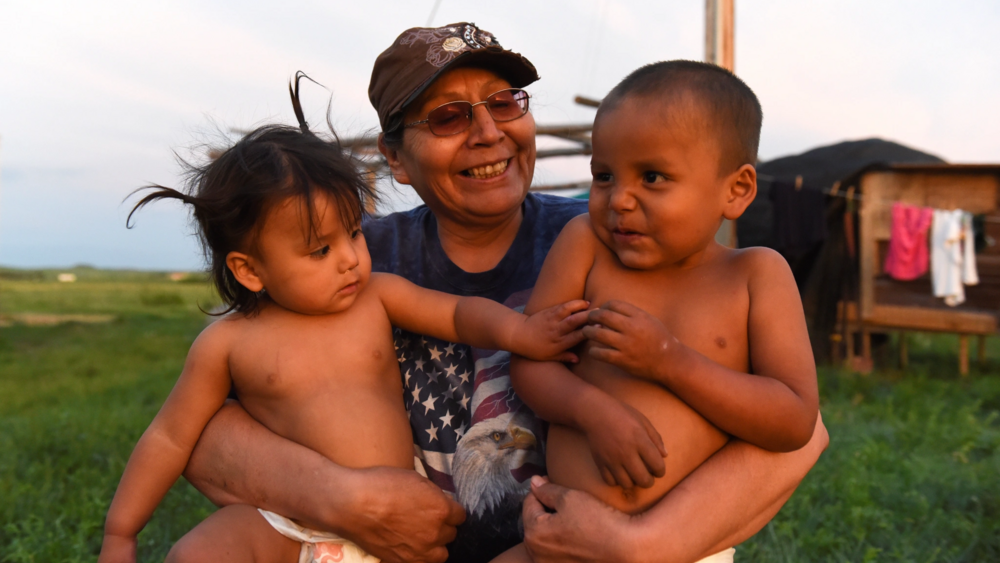
How does measuring poverty and welfare affect American Indian children?
For one group of children in particular, American Indians and Alaska Natives, exceedingly high poverty rates have had profound impacts on community wellbeing and long-term cohesiveness. Given the best available data, from the U.S. Census data, child poverty rates among American Indians and Alaska…
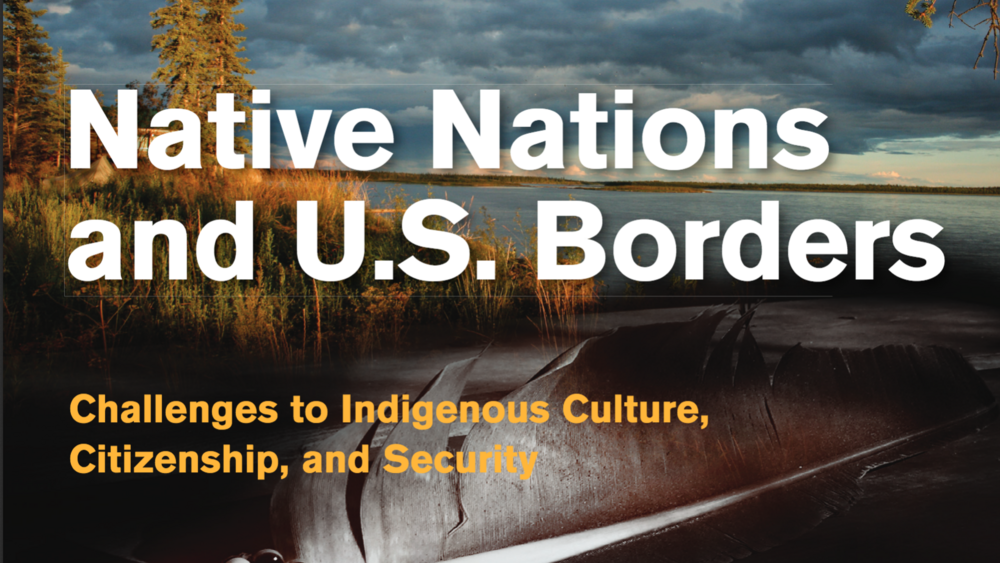
Native Nations and U.S. Borders: Challenges to Indigenous Culture, Citizenship, and Security
A comprehensive review of Native nations along or near the U.S. borders with Mexico, Canada, and Russia response to border-related challenges to citizenship, crossing rights and border security, culture, the environment and natural resources, and public health and safety. This book seeks to inform…
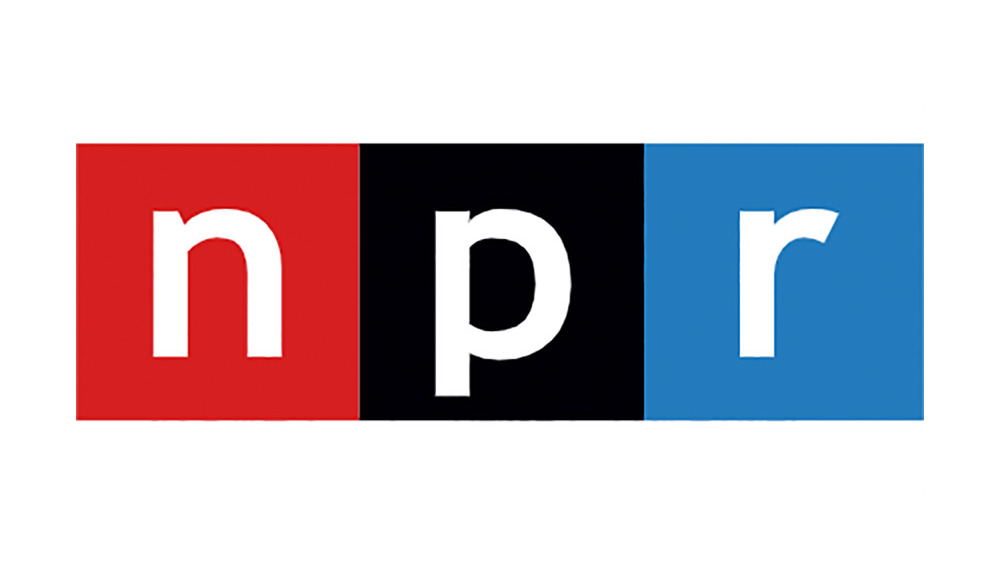
What Makes Someone American Indian?
Who is Native American? It's a complicated question that has tripped up, among others, Massachusetts Senator Elizabeth Warren. The Democratic presidential hopeful recently apologized for identifying American Indian as her race more than 30 years ago. It was around that time that the U.S. census saw…
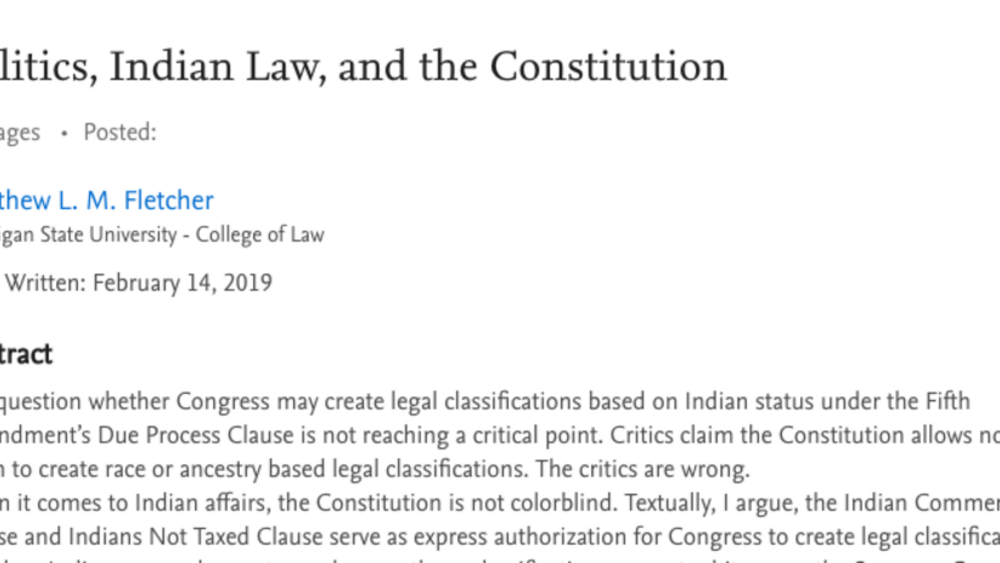
Politics, Indian Law, and the Constitution
The question whether Congress may create legal classifications based on Indian status under the Fifth Amendment’s Due Process Clause is not reaching a critical point. Critics claim the Constitution allows no room to create race or ancestry based legal classifications. The critics are wrong. When it…
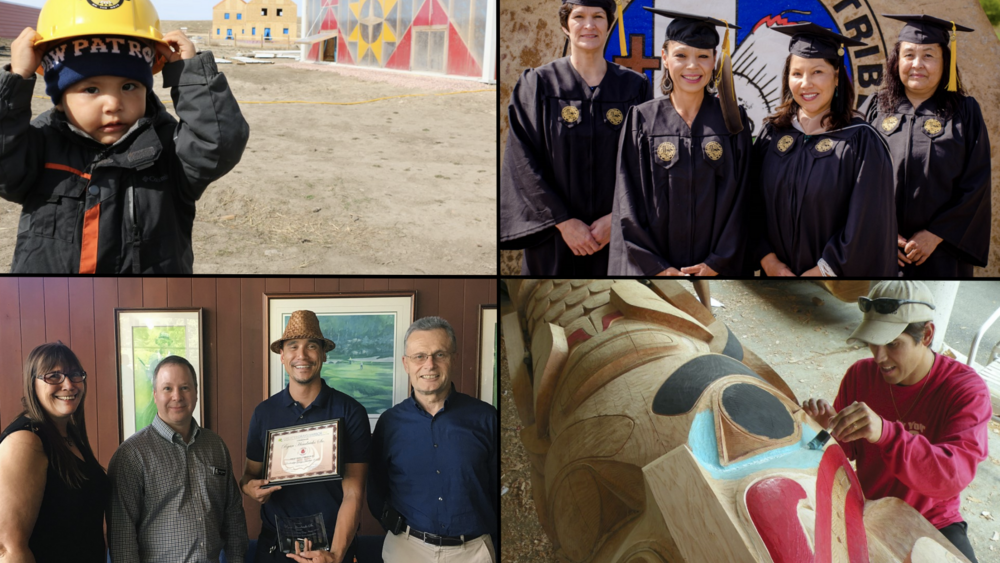
Tribal Workforce Development: A Decision-Framing Toolkit
This toolkit shares the main findings of NCAI’s multi-year research project examining the innovative approaches to workforce development that tribal nations along with Native organizations and tribal colleges and universities are forging, how they are achieving success (as they define it), and why…
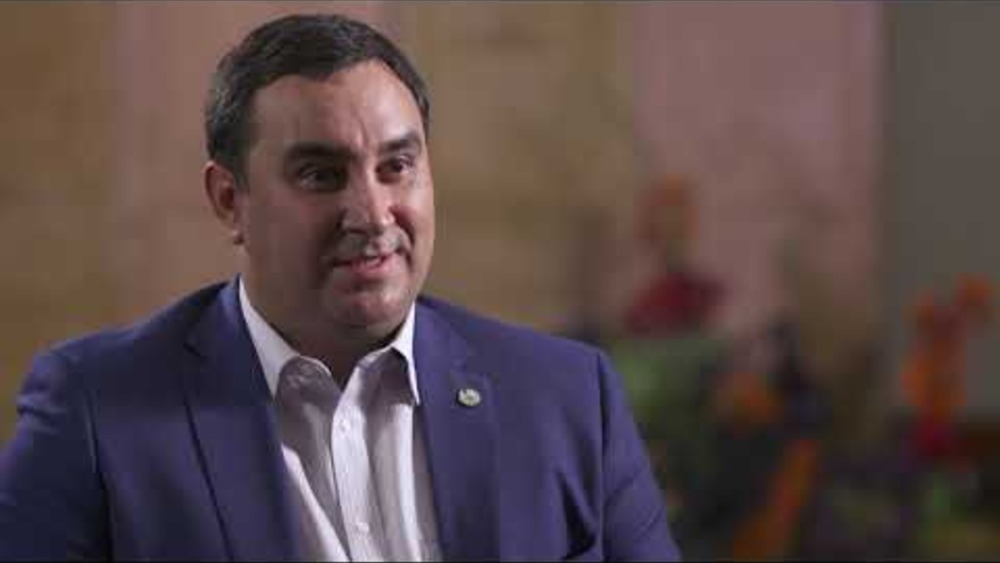
Native Civics: Commitment to Community
Native nations are building a future for their communities with the foundation of tribal knowledge and alliances. Civic engagement is both an individual and collective effort. Produced in partnership with Twin Cities PBS and producer/director Missy Whiteman. Special thanks to Dr. Twyla Baker and…
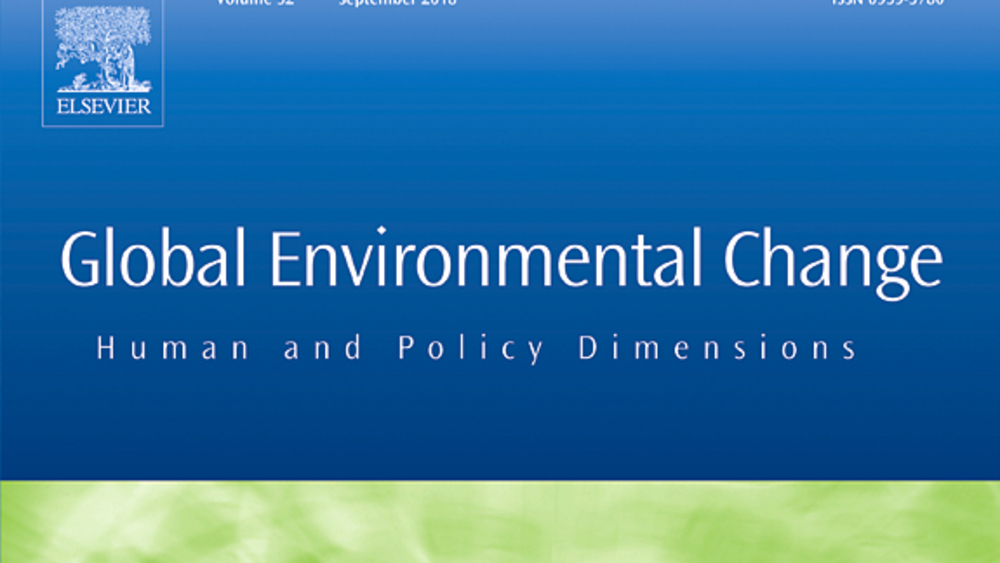
Preparing for the health impacts of climate change in Indigenous communities: The role of community-based adaptation
Climate change presents substantial risks to the health of Indigenous peoples. Research is needed to inform health policy and practice for managing risks, with community based adaptation (CBA) emerging as one approach to conducting research to support such efforts. Few, if any, studies however…
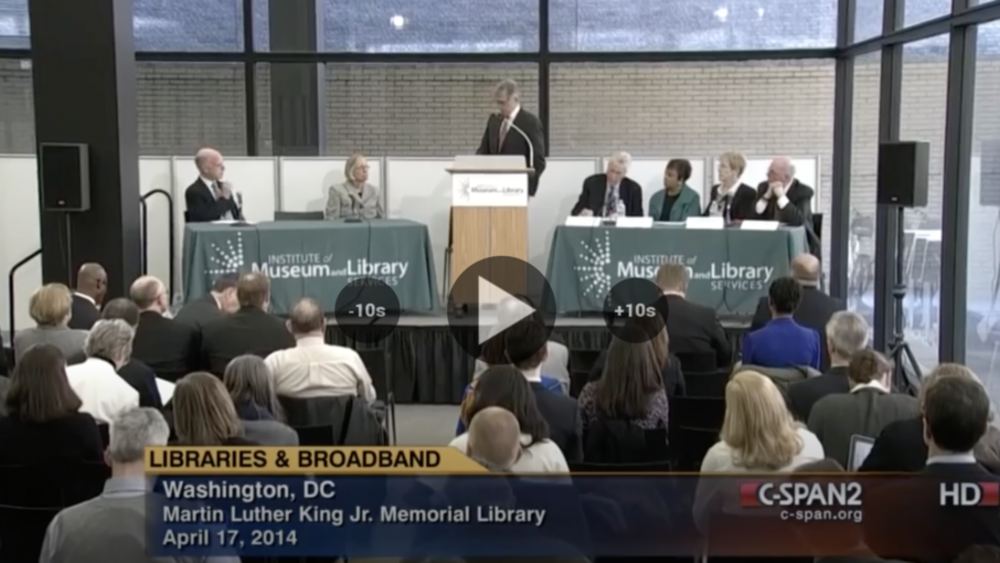
Broadband in Libraries
The Institute of Museum and Library Services (IMLS) held a public hearing to examine the need for high-speed broadband in the nation’s libraries. Former FCC Chair Reed Hundt told the audience that there was “no Washington consensus” around the issue of broadband in libraries, and urged the…
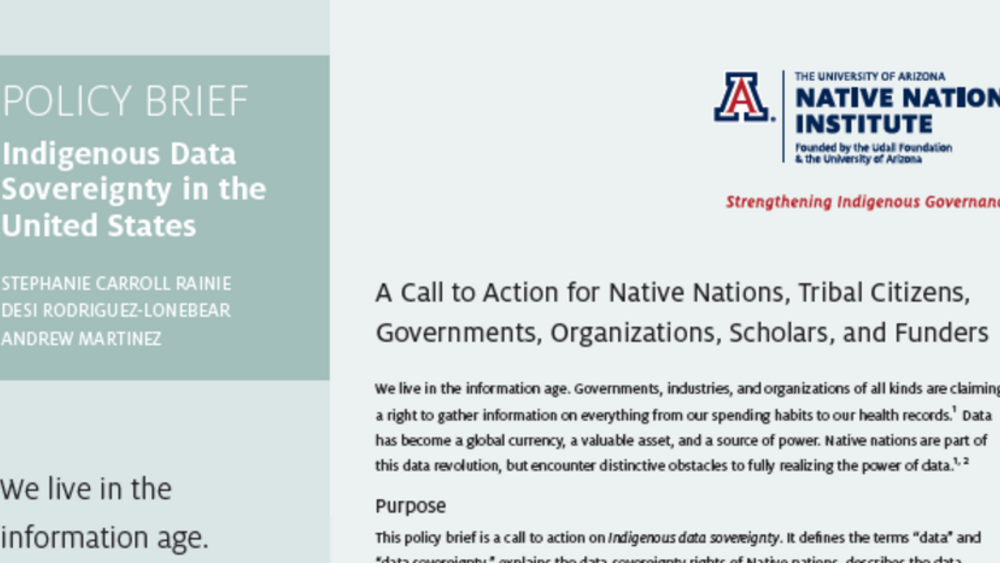
Policy Brief: Indigenous Data Sovereignty in the United States
We live in the information age. Governments, industries, and organizations of all kinds are claiming a right to gather information on everything from our spending habits to our health records. Data has become a global currency, a valuable asset, and a source of power. Native nations are part…
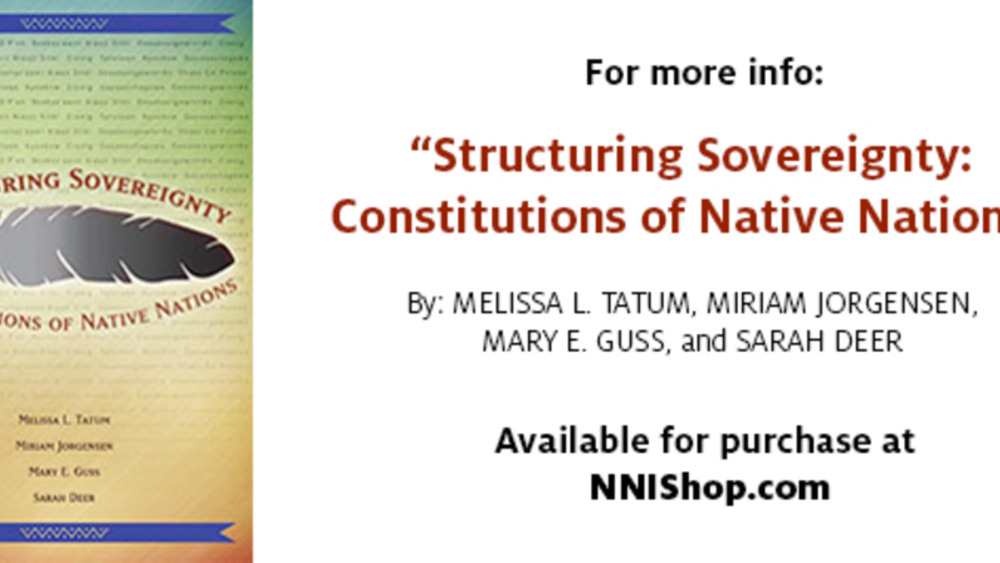
United States of America Constitution
Location: North America Population: 314 million Form of Government: Representative Democracy Date of Constitution: 1789, amended most recently in 1992 Key Facts: the Constitution is not the original governing document for the U.S.; it was adopted when the Articles of…

Tribally-Driven Participatory Research: State of the practice and potential strategies for the future
This article discusses current practice of research with and by American Indian tribal governments in the United States. It begins with a brief overview of Community-Based Participatory Research and compares and contrasts its principles and methods with what this paper terms Tribally-Driven…

Why beggar thy Indian neighbor? The case for tribal primacy in taxation in Indian country
The law governing taxation in Indian country is a mess. The accretion of common law precedents and the general tendency of states to assert primacy over the taxation of non-Indians create absurd outcomes. This article makes the case three ways. The argument based on the law shows that…
Pagination
- First page
- …
- 2
- 3
- 4
- …
- Last page
